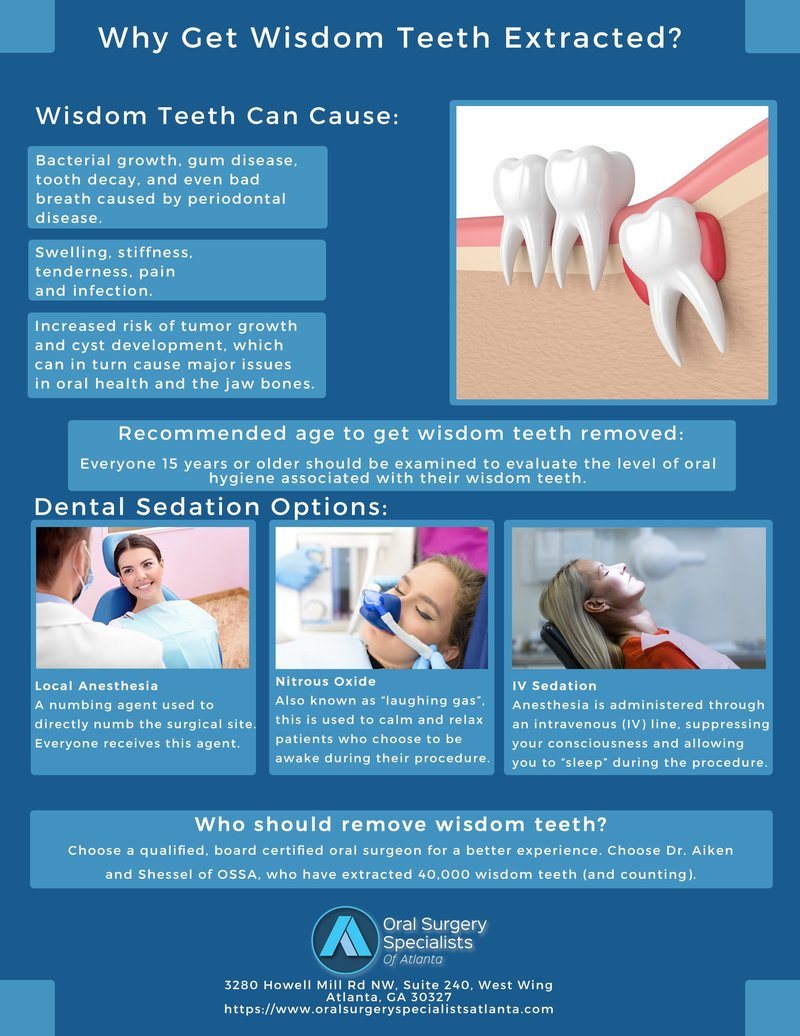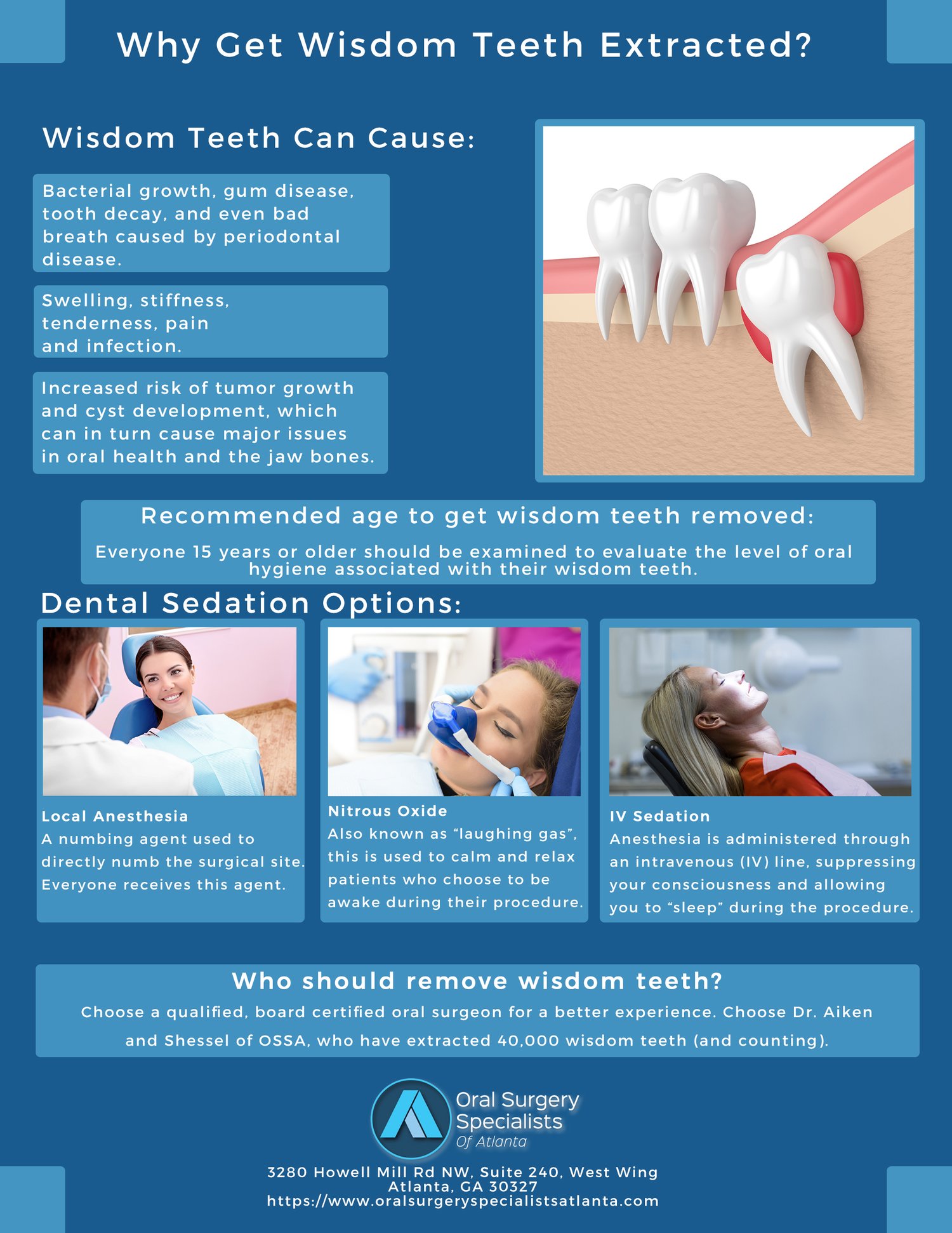
Wisdom teeth are a fascinating aspect of both the medical and dental realms, and whether they fall under the purview of medicine or dentistry is a common inquiry. These third molars, typically appearing in late teens or early twenties, can trigger a range of concerns necessitating collaboration between medical and dental professionals.
From a medical perspective, wisdom teeth may lead to oral health problems like infection, cysts, and damage to adjacent teeth. In such instances, oral surgeons or medical professionals may undertake surgical extraction. Dentists, conversely, are responsible for monitoring wisdom teeth growth and development, often suggesting extraction when issues like impaction, pain, overcrowding, or dental complications arise.
Therefore, the question of whether wisdom teeth are medical or dental is best answered through this intersection of both fields. It’s a cooperative effort between medical and dental experts to ensure optimal oral health care. Wisdom teeth primarily fall under dental concerns, with dentists specializing in their evaluation and treatment when issues arise.

Is Wisdom Teeth Dental or Medical?
1. The Medical Perspective
- Wisdom teeth, or third molars, are evolutionary remnants designed for coarse diets.
- Smaller modern jaws often lack sufficient space for wisdom teeth, leading to medical problems.
- Issues include impaction, infection, cyst formation, and damage to adjacent teeth.
- Impacted wisdom teeth can cause jaw pain, swelling, and discomfort.
2. Dental Care for Wisdom Teeth
- Dental professionals typically address wisdom teeth issues.
- Dentists diagnose problems and recommend treatment options.
- Regular dental check-ups involve monitoring wisdom teeth development.
- Dentists may refer patients to oral and maxillofacial surgeons for extraction when necessary.
3. Surgical Removal
- Impacted wisdom teeth often require surgical removal.
- Oral and maxillofacial surgeons are medical specialists who perform extractions.
- Surgeons assess wisdom teeth condition and position, ensuring pain relief and preventing complications.
- This procedure is a crossover between medical and dental care due to its surgical nature.
Complications and Treatment
Impacted wisdom teeth can cause various complications, such as:
1. Infection: When the wisdom teeth partially erupt, they create an opening where bacteria can enter and cause an infection known as pericoronitis. This condition can result in pain, swelling, and difficulty opening the mouth.
2. Crowding: Limited space in the jaw can lead to overcrowding, shifting the alignment of existing teeth. This can affect the bite and overall dental health.
3. Cysts and Tumors: In rare cases, the sac that surrounds an impacted wisdom tooth can fill with fluid, forming a cyst. If left untreated, these cysts can cause damage to the jawbone and adjacent teeth.
4. Decay and Gum Disease: Wisdom teeth are difficult to clean properly, making them prone to decay and gum disease. This can have a negative impact on oral health.
The treatment for impacted wisdom teeth usually involves extraction, which is a surgical procedure performed by a dental or oral surgeon. The surgeon will assess the position of the wisdom teeth using X-rays and determine the appropriate approach for removal. In some cases, if the wisdom teeth are not causing any issues, the dentist or oral surgeon may recommend monitoring them closely to ensure they do not cause future problems.
The Dental Perspective
Wisdom teeth removal is a dental procedure often conducted by specialized dental professionals, including dentists and oral surgeons. These professionals are adept in diagnosing and managing oral health concerns, including issues concerning wisdom teeth. Through regular check-ups and X-rays, dentists can assess the need for wisdom teeth extraction, offering early removal recommendations to avert complications and ensure optimal oral health.
Benefits of Wisdom Teeth Extraction
There are several benefits to having wisdom teeth removed:
1. Prevention of Complications: Extracting wisdom teeth before they cause problems can prevent complications such as impaction, infection, and damage to adjacent teeth.
2. Preservation of Dental Alignment: Removing wisdom teeth can prevent overcrowding and misalignment of existing teeth, which can affect the bite and overall dental health.
3. Improved Oral Hygiene: Wisdom teeth can be challenging to clean properly, making them more susceptible to decay and gum disease. Removing them simplifies oral hygiene routines and reduces the risk of oral health issues.
4. Pain Relief: If wisdom teeth are causing pain, swelling, or discomfort, extraction can provide relief and improve overall comfort.
In conclusion, wisdom teeth fall under both medical and dental care. While the medical aspect focuses on the potential complications and surgical removal, dentists play a significant role in evaluating the need for extraction and maintaining overall dental health. Regular dental check-ups and timely intervention can help prevent complications associated with wisdom teeth. If you are experiencing any symptoms or have concerns about your wisdom teeth, it is best to consult with a dental professional who can provide appropriate guidance and treatment.
Key Takeaways: Is Wisdom Teeth Dental or Medical?
- Wisdom teeth are a dental concern, as they are the last set of molars to erupt in the mouth.
- They are called “wisdom teeth” because they usually come in between the ages of 17 and 25, when a person is considered wiser.
- Wisdom teeth can cause various problems, such as overcrowding, impaction, infection, and pain.
- Extraction of wisdom teeth is typically performed by a dental professional, such as a dentist or oral surgeon.
- While wisdom teeth fall under the dental field, their impact on overall health makes them a topic of interest in both medical and dental discussions.
Frequently Asked Questions
What are wisdom teeth?
Wisdom teeth, the third set of molars, emerge in the late teens or early twenties, hence their name. Located at the back of the mouth, they can lead to dental issues like overcrowding, misalignment, and impaction, often necessitating medical attention or extraction due to their late appearance and potential complications.
Are wisdom teeth considered a medical or dental issue?
Wisdom teeth present a dual concern, straddling the realms of both medical and dental care. Their biological development and eruption make them a medical consideration, but the management and treatment of wisdom teeth problems, including removal decisions, primarily involve dental professionals. However, these dental experts often collaborate with medical professionals to ensure a patient’s overall health and medical history are considered. Consequently, wisdom teeth issues are a blend of both medical and dental concerns.
Why do wisdom teeth often need to be extracted?
Wisdom teeth are often extracted due to limited space in the mouth, causing overcrowding, misalignment, and damage to nearby teeth. Impaction, where the teeth can’t fully emerge, can lead to pain and infection. Extraction is recommended by dental professionals based on tooth position, potential complications, and the patient’s oral health, preventing or resolving these problems for better overall oral health.
What happens during wisdom teeth extraction?
Wisdom teeth extraction is a common dental procedure where oral surgeons or dentists typically administer local anesthetics. In some cases, general anesthesia is used for complex extractions or at the patient’s preference. During the procedure, an incision is made in the gum, and impacted teeth may require bone removal. After removal, the area is cleaned and stitched if necessary. Recovery varies, with common experiences including swelling, discomfort, and a soft diet for a few days.
Can wisdom teeth extraction be covered by medical insurance?
The coverage of wisdom teeth extraction by insurance varies. Dental insurance typically covers it, while medical insurance may apply if it’s medically necessary. Checking with the insurance provider and consulting dental professionals for support and documentation is essential to understand the extent of coverage and potential out-of-pocket costs.
Final Summary: Is Wisdom Teeth Medical or Dental?
Wisdom teeth, although primarily a dental matter, can significantly affect overall health. These third molars can lead to various problems, making it crucial to seek both dental and medical advice. Dentists handle dental aspects like impaction and decay, while medical professionals offer insights into broader medical implications. Collaborative care ensures the best treatment. Promptly addressing wisdom teeth issues, whether dental or medical, is vital for overall well-being. Consult both your dentist and medical provider for a thorough evaluation and personalized treatment plan to safeguard your health.
Call or Book appointment online
:Ace Dental Care Alpharetta office: 678-562-1555 - Book Now
Ace Dental Care Norcross office: 770-806-1255 - Book Now
Disclaimer
This blog post was generated by artificial intelligence. The content of this post may not be accurate or complete, and should not be relied upon as a substitute for professional advice. If you have any questions about the content of this post, please contact us.
We are constantly working to improve the accuracy and quality of our AI-generated content. However, there may still be errors or inaccuracies. We apologize for any inconvenience this may cause.





